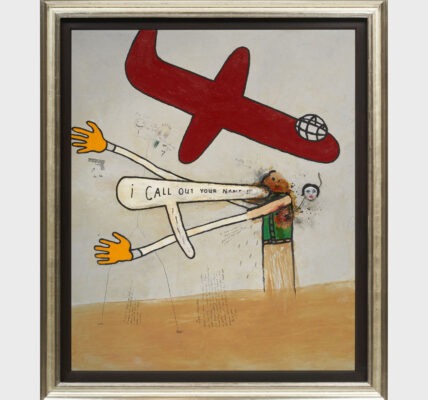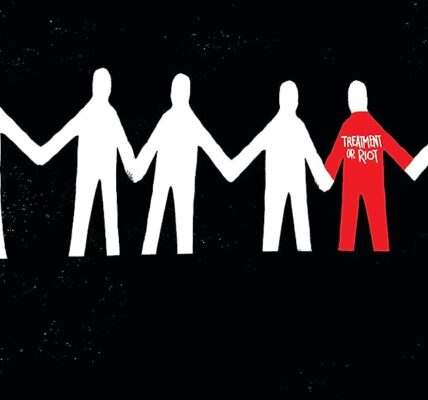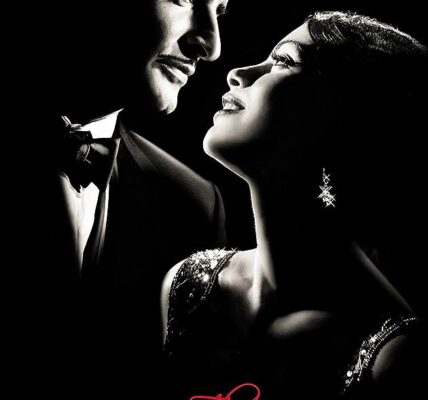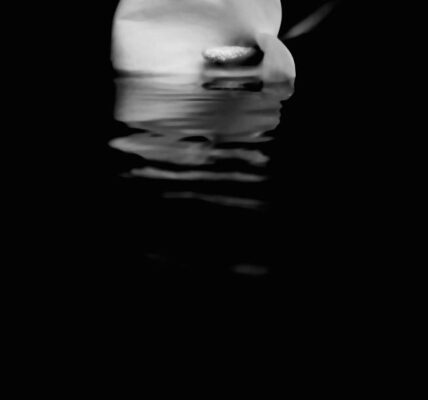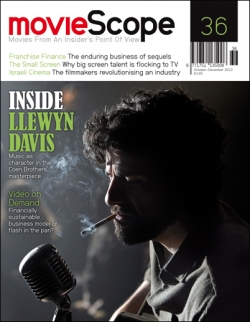The Turin Horse opens with an anecdote, narrated to a plain black screen, about an incident that took place on the streets of Turin in early 1889. Seeing a horse being whipped by its enraged owner, Friedrich Nietszche intervened, tearfully embracing the animal. Two days after this encounter the philosopher would suddenly declare, “Mother, I am dumb” – and would never utter another word until his death a decade later. “Of the horse,” the narrator ends archly, “we know nothing.”
It remains unclear whether the wretched nag that features in the rest of this film is meant to be the selfsame horse that drove Nietszche to such demented distraction and despair. It is not even clear whether the film’s events take place in Italy, let alone in the vicinity of Turin. Yet certain themes introduced in this spoken prologue – silence, death, and the Nietszchean retreat of divine providence – will resonate in the two and a half hours or so that follow, as rustic cripple Ohlsdorfer (János Derzsi), his devoted daughter, and the horse on which their livelihood depends, are all confronted with a breakdown of order and an approaching, apocalyptic end.
For those unused to the singular style of Hungarian director Béla Tarr, the austere rigour of The Turin Horse may well prove unendurable. Indeed, the sort of dogged endurance that this film requires of viewers is inscribed in both the form and content of its first sequence. Like every sequence in the film, it is a long, monochrome take lasting several minutes, and as Fred Kelemen’s camera sinuously tracks the forward momentum of Ohlensdorfer, horse and cart through a thick mist and violent gale, we are made, along with them, to strain and struggle just to get to the next scene back home on the farm.
Once there, we bear witness to a harsh life of effort against the elements, anchored only by the ritualistic repetitions of a grinding domestic routine that the film will document over six long days. The fetching of water from the well at dawn, the reviving shot (or two) of palinca in lieu of breakfast, Ohlensdorfer (whose right arm is lame) being dressed by his daughter, the mucking out of the stables and harnessing of the horse for labour, the household chores, the boiling of the two potatoes that constitute the pair’s one daily meal, and (if there is time) the staring out the window at the barren landscape beyond – sometimes all that changes from one day to the next is the angle of Kelemen’s camera, as these activities are conducted with mute efficiency save for the occasional grunted command or observation.
The sheer repetitiveness of all this is reflected in Mihály Vig’s score – a simple, rolling minor-key piece for strings and organ that loops its way ominously in and out of the quotidian happenings without discernible variation. On the Second Day, when neighbour Bernhard (Mihály Kormos) unexpectedly limps in and breaks all the silence with a lengthy monologue, even his decidedly Nietszchean speech on the decline of morality and religion is marked by a strange kind of echolalia, with phrases and whole sentences subjected to tortuous iterations (“Acquire, debase, debase, acquire – or I can put it differently if you like – to touch, debase and thereby acquire, or touch, acquire and thereby debase”, etc.).
Yet much as Bernhard’s words, for all their repetitions, are concerned precisely with change, endings and loss, so too the workaday goings-on at the farm are also being subtly yet irrevocably eroded, as an ill wind blows constantly outside. At the end of the First Day, Ohlensdorfer observes that the house’s woodworms have stopped making their regular nocturnal noises (“I’ve heard them for 58 years. But I don’t hear them now”). On the Second Day, the mare refuses to pull the cart, and by the Third Day, she is no longer eating (“She will,” Ohlensdorfer insists, desperately denying the reality of their changing circumstances). By the Fourth Day, the outside well has suddenly run dry, and as the camera, along with father and daughter, peers over the edge to the stony gloom below, we catch a glimpse of both the abyss that everyone must eventually face, and the infernal darkness to come.
If The Turin Horse were ‘just’ a film about mortality, that would of course be enough, but given that Tarr has proclaimed it his directorial swansong, the film also ends up being a lament for the passing of the kind of uncompromising auteurist sensibility that Tarr has brought to films like Damnation, the four-and-a-half-hour Sátántangó and his masterpiece The Werckmeister Harmonies. When a rapacious caravan of ‘gypsy’ travellers passes through the farm and tries to get Ohlensdorfer’s daughter to come with them “to America”, her outright refusal (“I’m not going with you!”) mirrors Tarr’s own rejection of the Hollywood-modelled commercialism currently blowing through the Hungarian film industry, and his preference for quietly resigning himself to the end of his career instead of allowing his vision to be touched, debased and acquired by those who would seize everything – even, as Bernhard put it, “all our dreams.”
So if The Turin Horse’s sublimely bleak close also represents lights out for one of Europe’s most extraordinary film artists, he exits the set with a truly sublime memento mori. Working with his own wife as co-director Ágnes Hranitzky, and a cast and crew of his long-term regulars, Tarr bows out in the most dignified and idealised manner, surrounded by his filmic family. “Everything, everything is lost forever!”, Bernhard declares. The Turin Horse both mourns and commemorates what is being lost, while leaving it uncertain what future might be blowing in the wind.

